We've found 69 matches for your search. Order by
Results
-
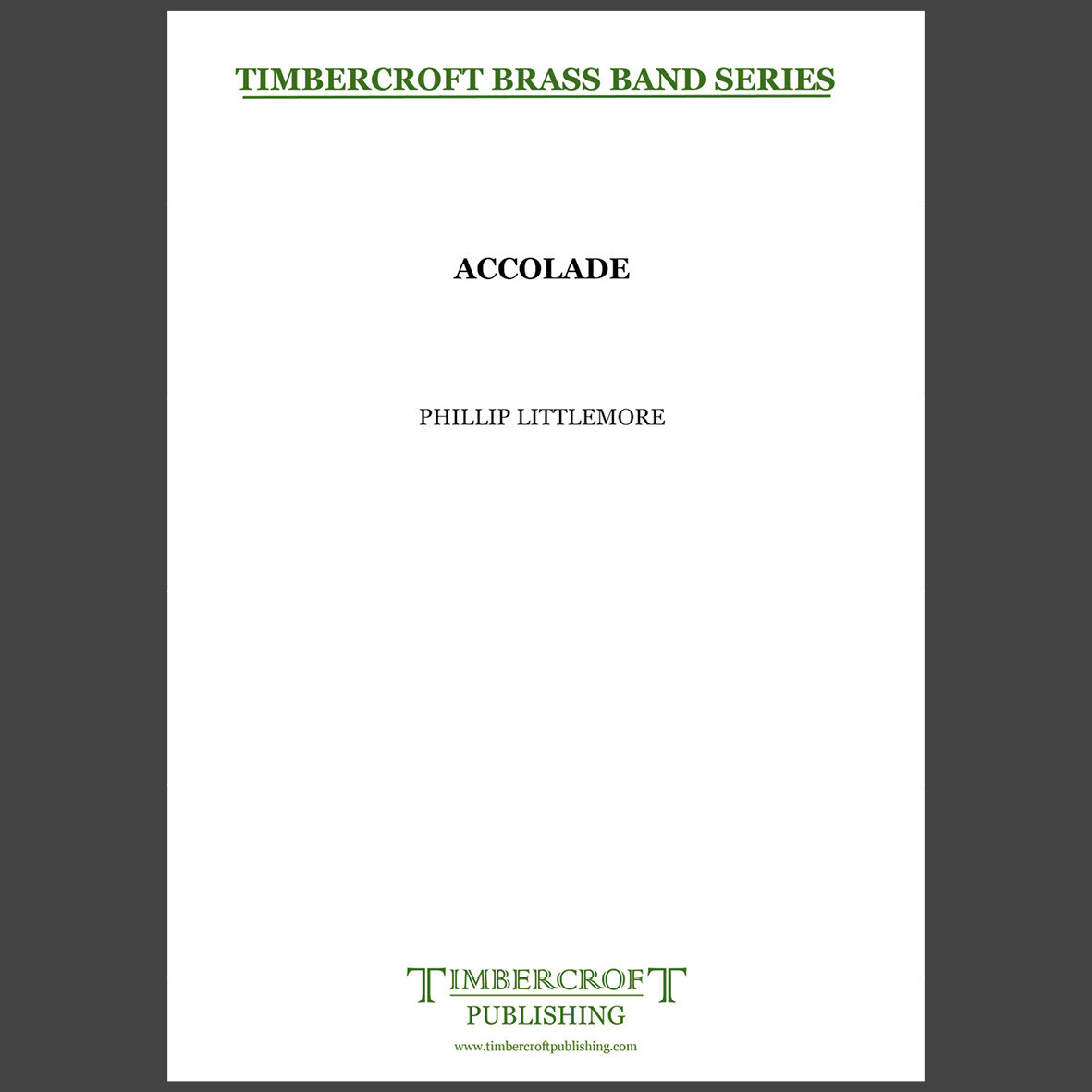 £25.00
£25.00Accolade - Phillip Littlemore
Estimated dispatch 5-7 working days
-
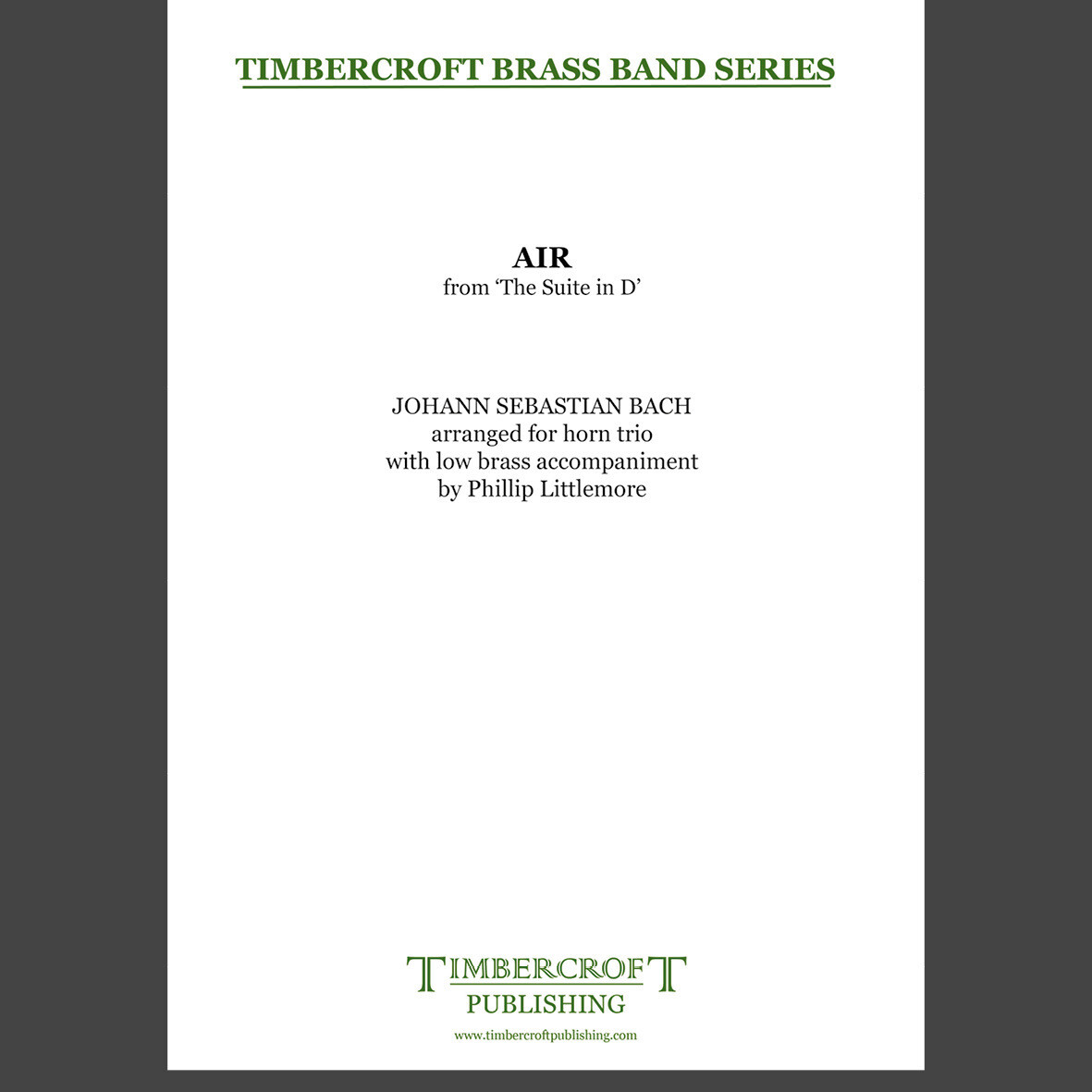 £25.00
£25.00Air from the Suite in D - J. S. Bach arr. Phillip Littlemore
Estimated dispatch 5-7 working days
-
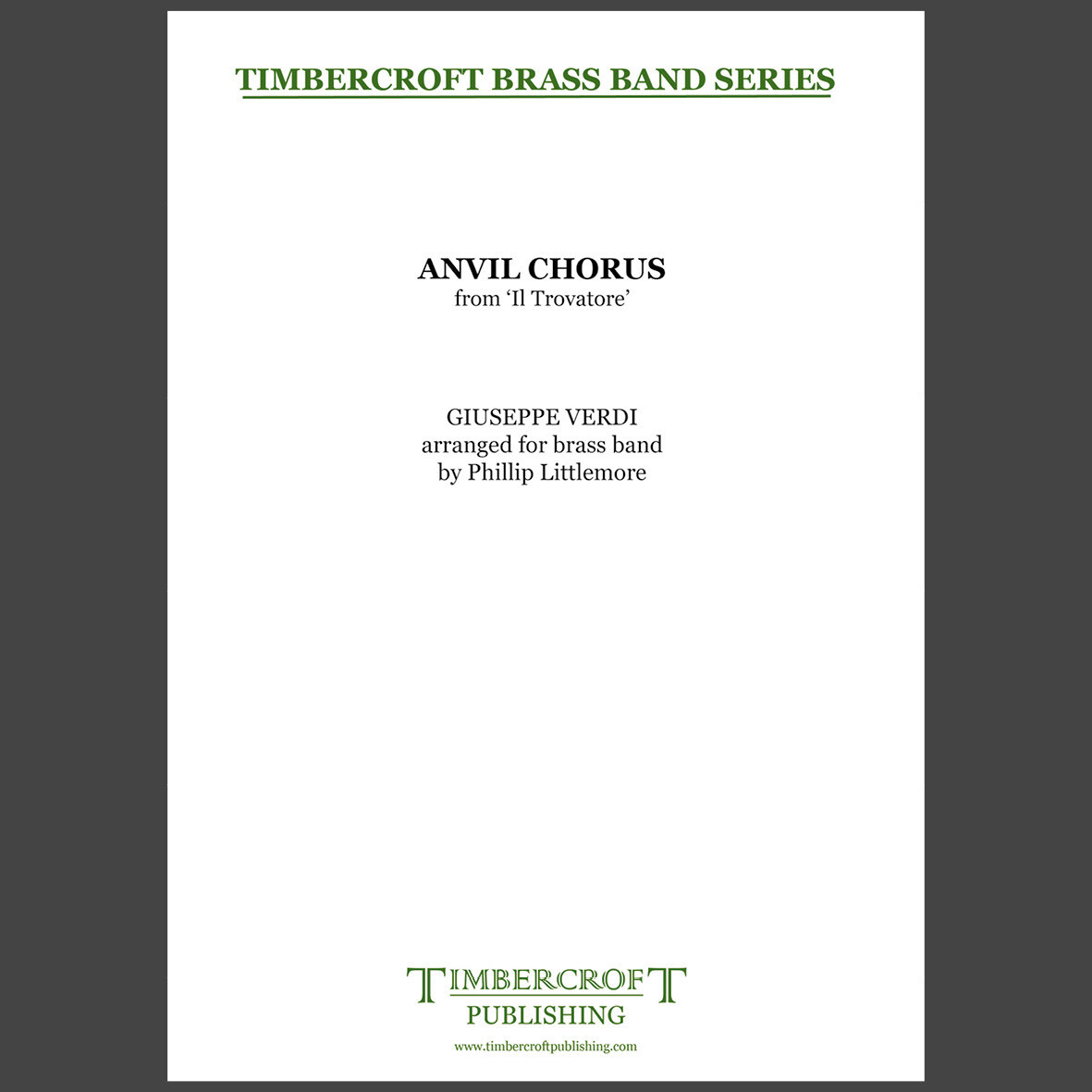 £30.00
£30.00Anvil Chorus from Il Trovatore - Giuseppe Verdi arr. Phillip Littlemore
Estimated dispatch 5-7 working days
-
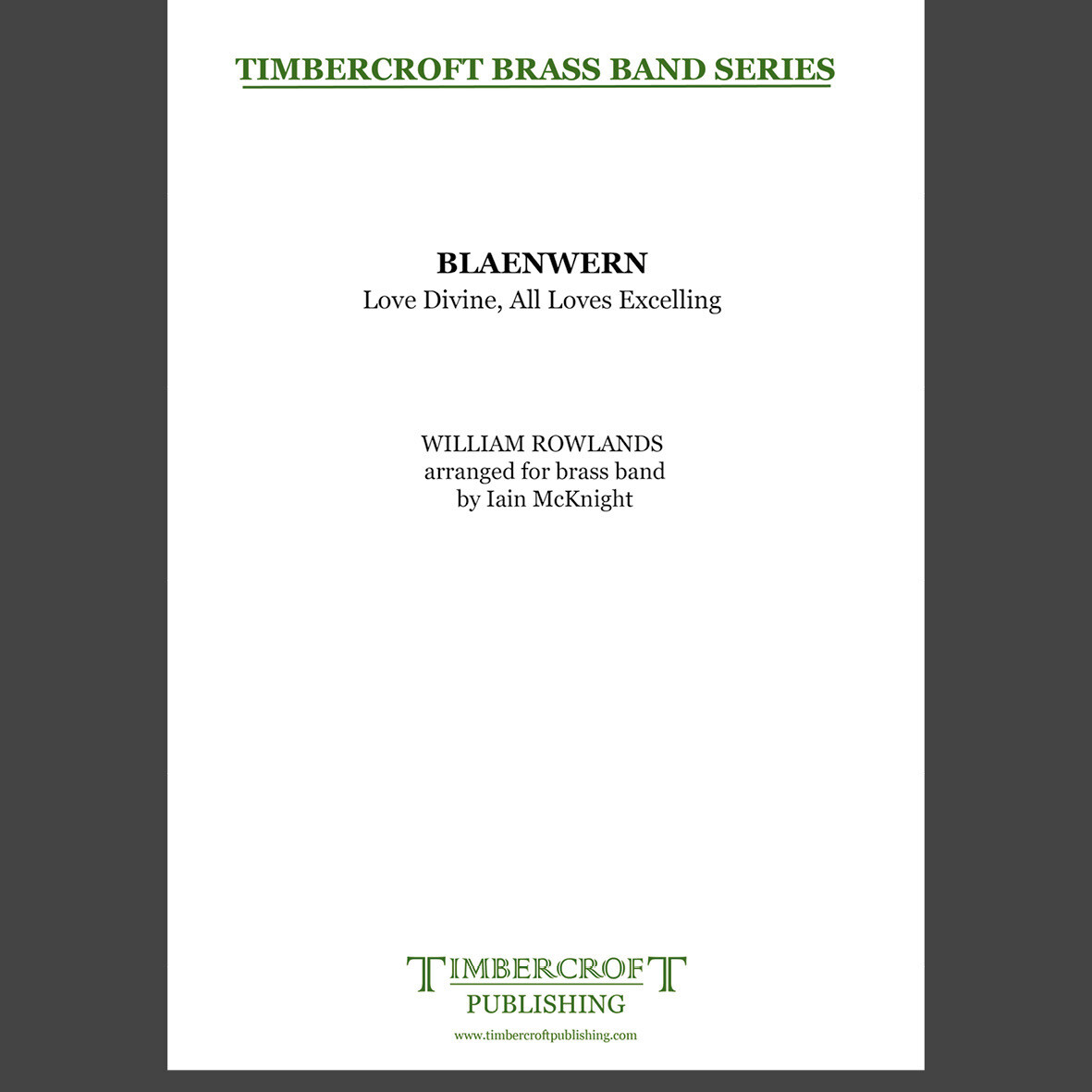 £30.00
£30.00Blaenwern - William Rowlands arr. Iain McKnight
Estimated dispatch 5-7 working days
-
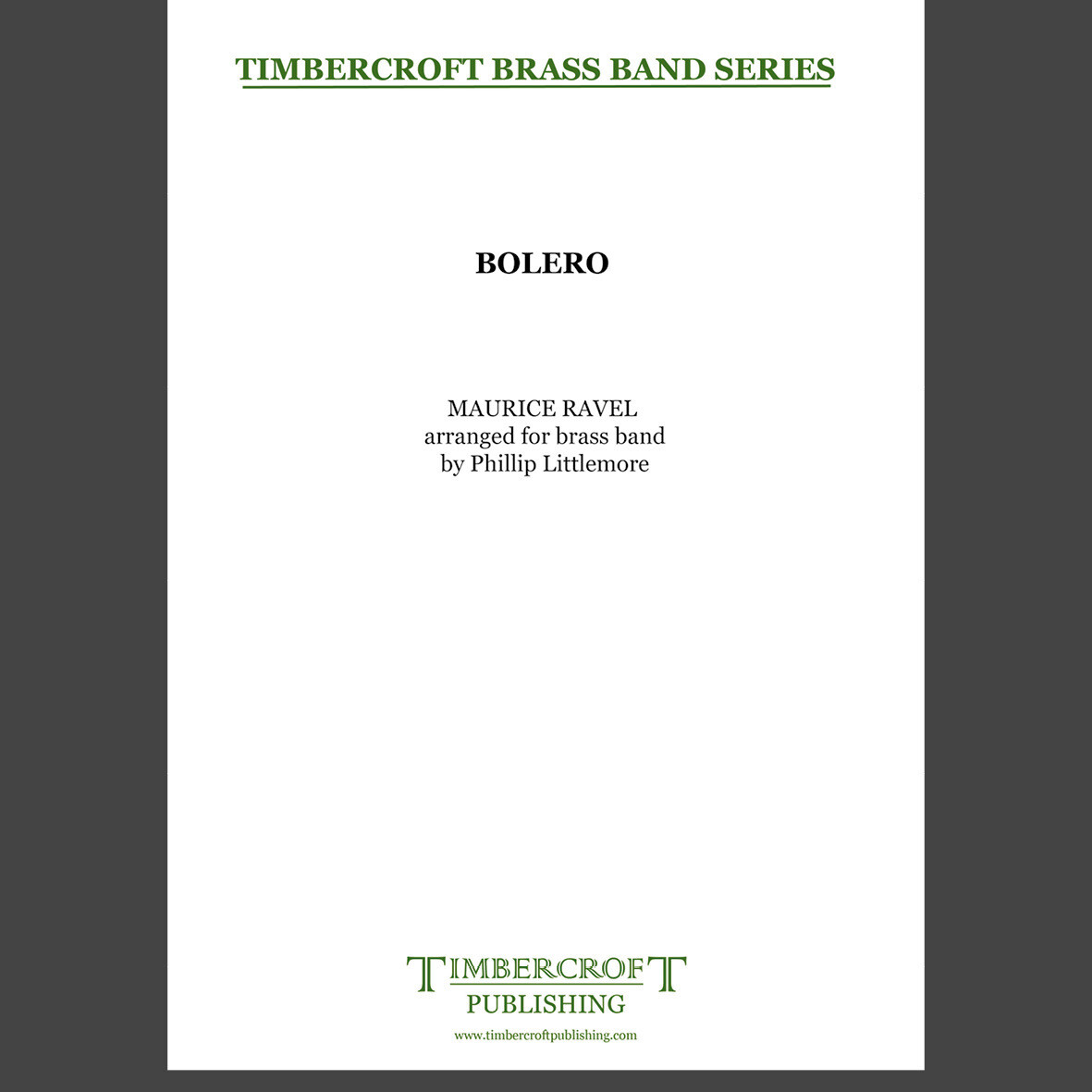 £35.00
£35.00Bolero - Maurice Ravel arr. Phillip Littlemore
Estimated dispatch 5-7 working days
-
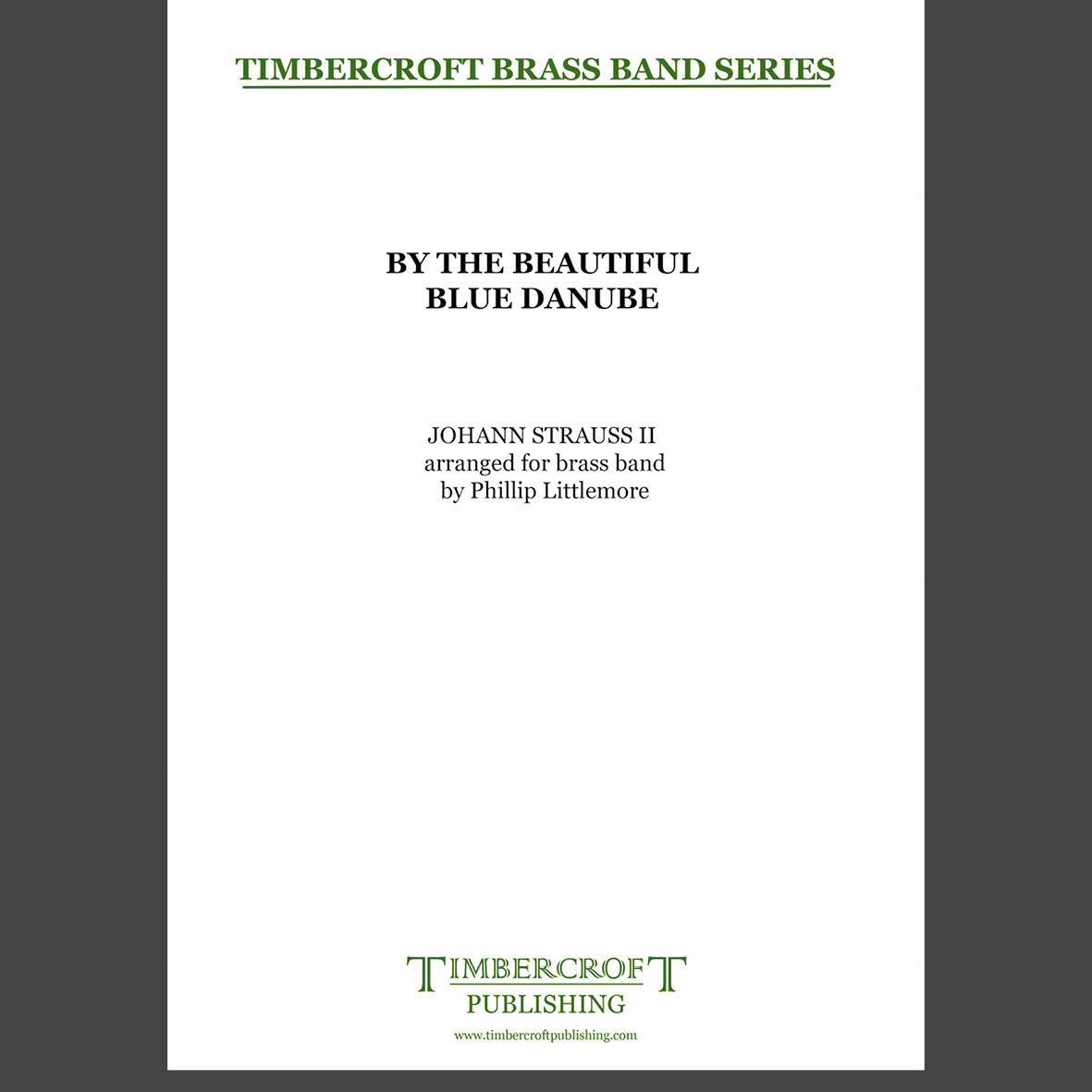 £35.00
£35.00By The Beautiful Blue Danube - Johann Strauss II arr. Phillip Littlemore
Estimated dispatch 5-7 working days
-
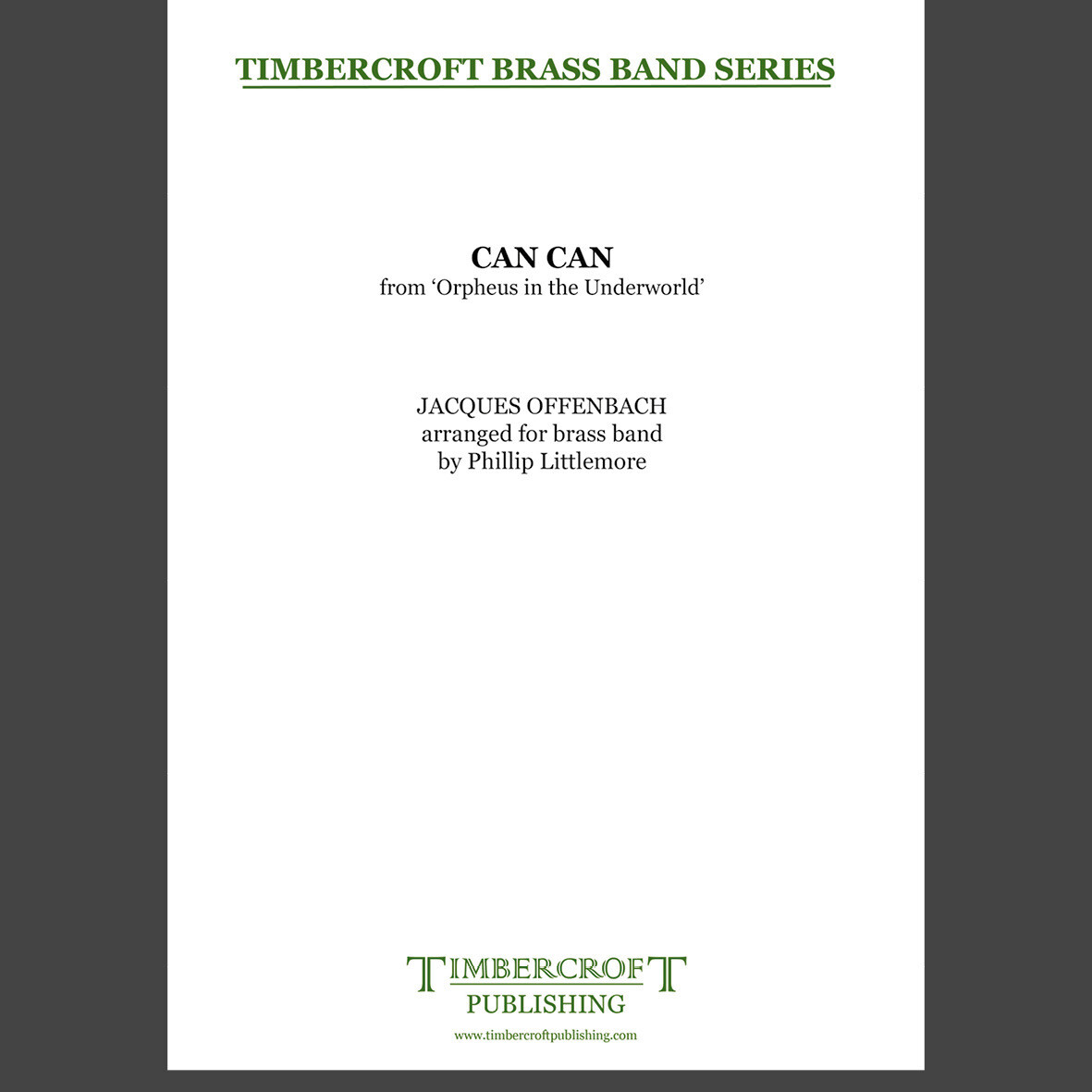 £30.00
£30.00Can-Can from Orpheus In The Underworld - Jacques Offenbach arr. Phillip Littlemore
Estimated dispatch 5-7 working days
-
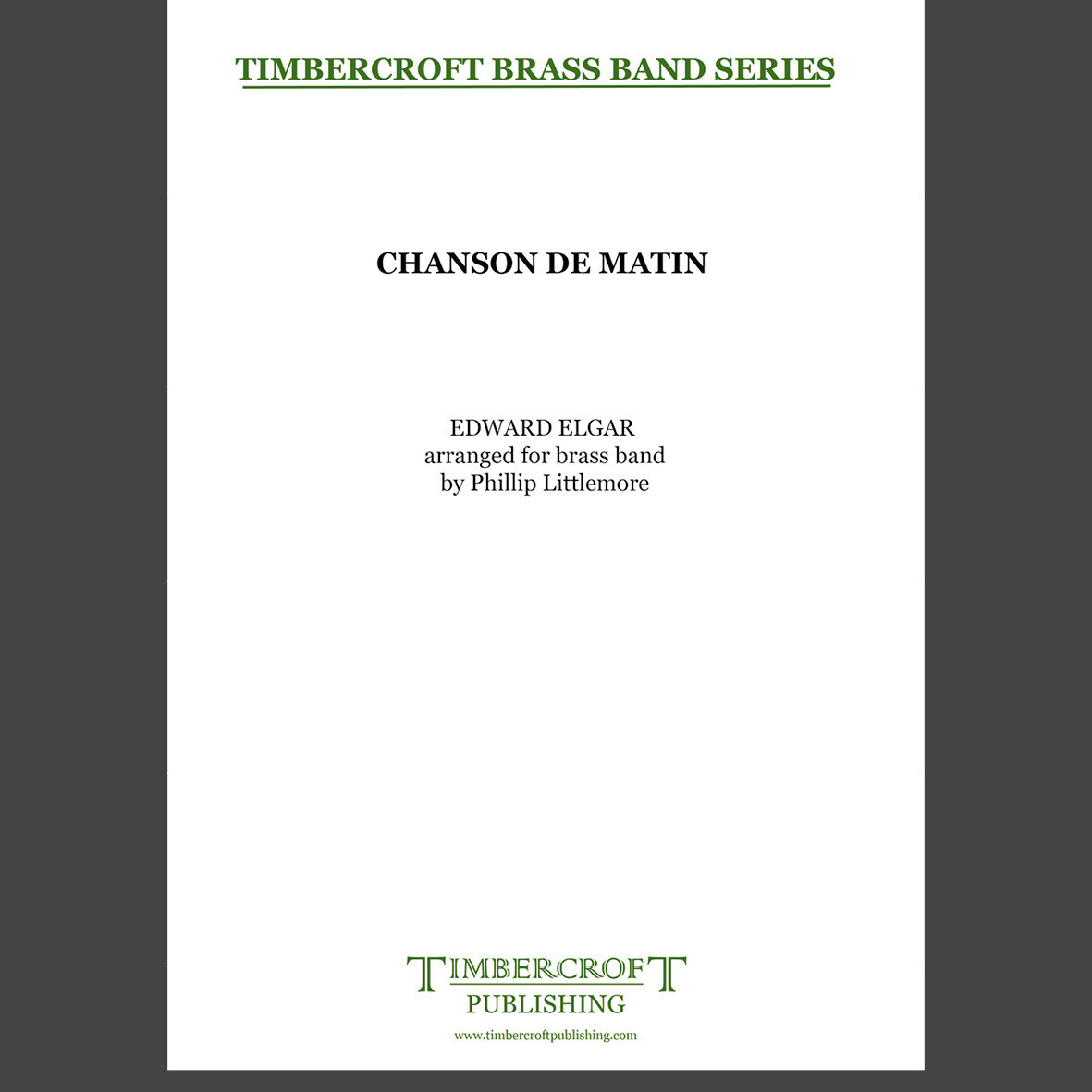 £30.00
£30.00Chanson de Matin - Edward Elgar arr. Phillip Littlemore
Estimated dispatch 5-7 working days
-
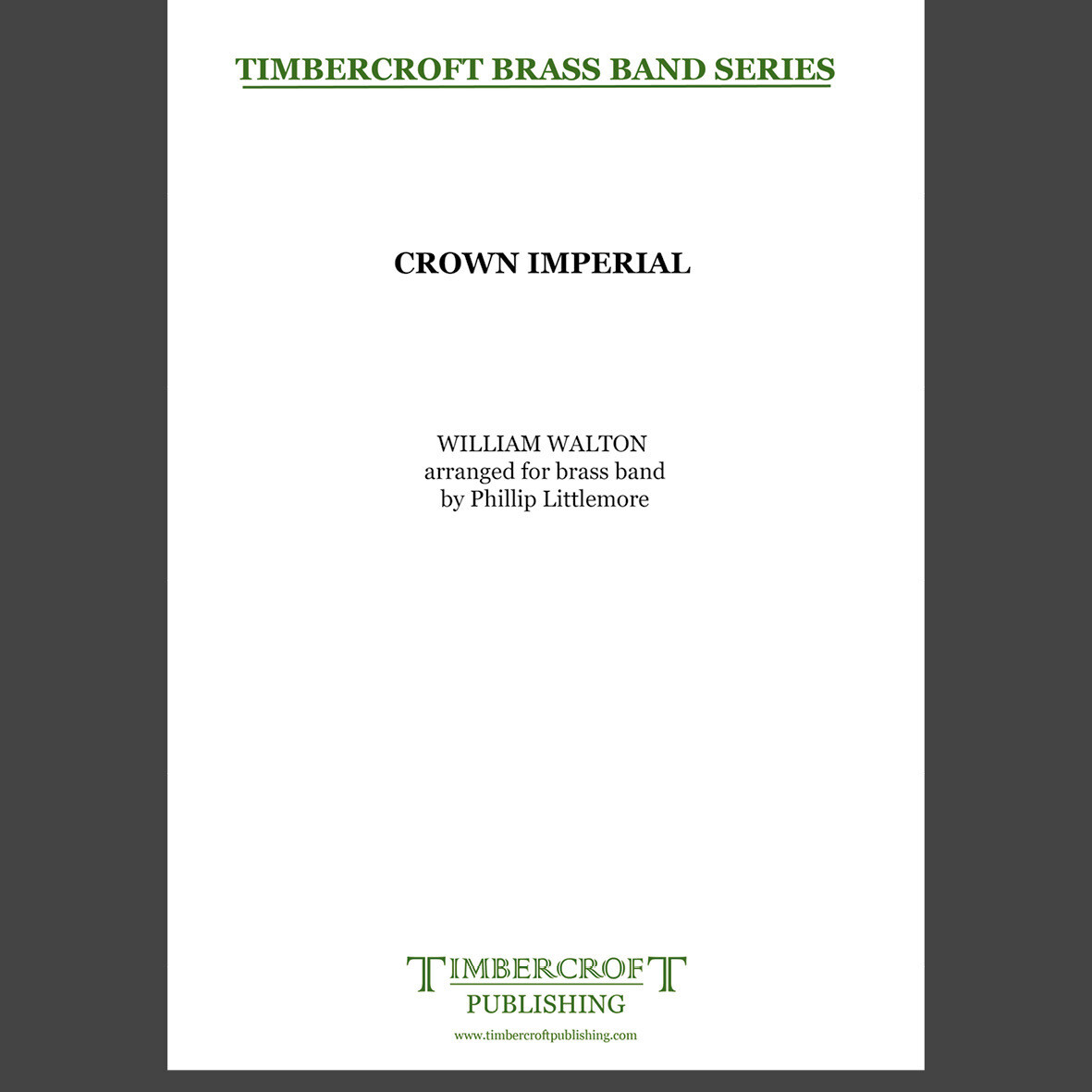 £40.00
£40.00Crown Imperial - William Walton arr. Phillip Littlemore
Estimated dispatch 5-7 working days
-
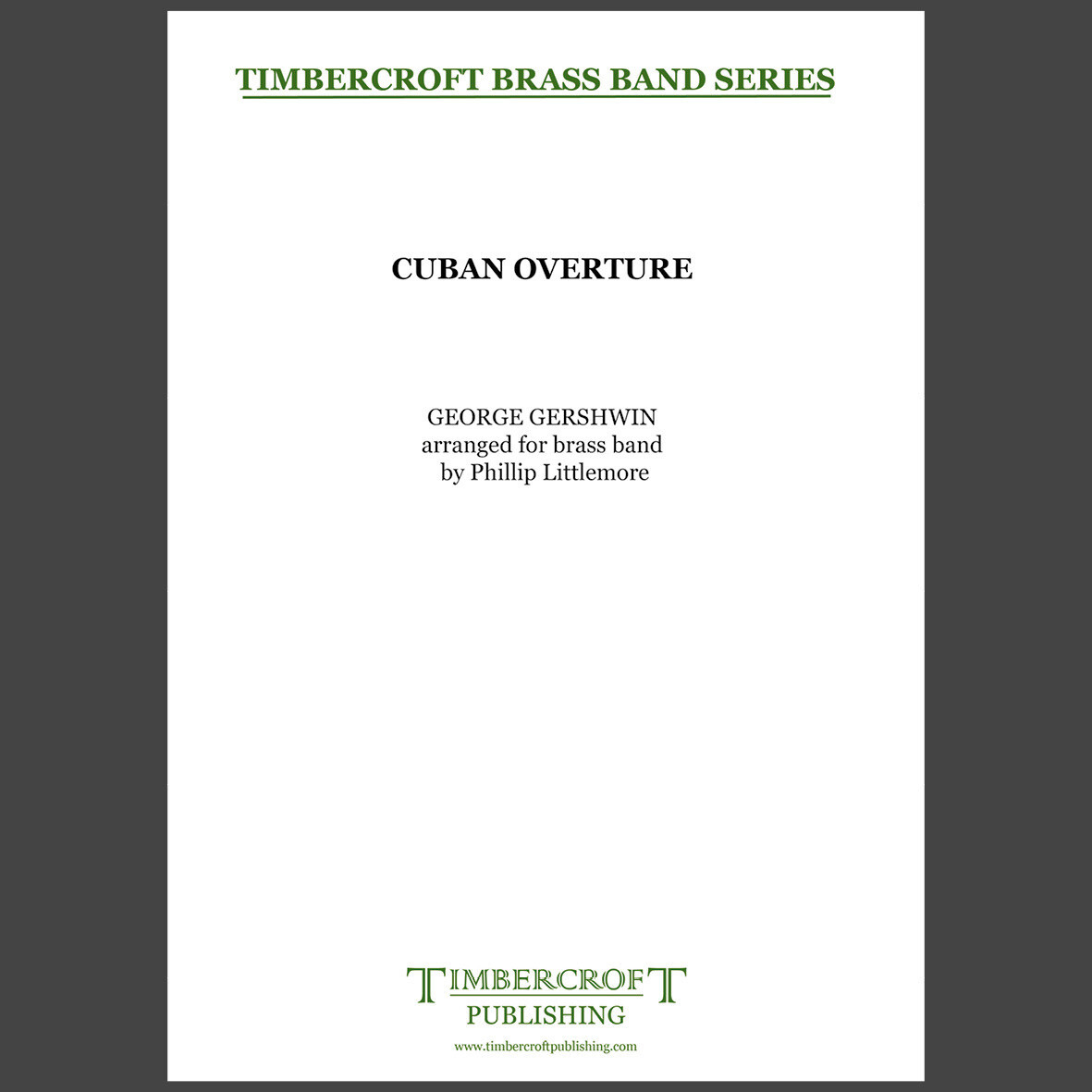 £45.00
£45.00Cuban Overture - George Gershwin arr. Phillip Littlemore
Estimated dispatch 5-7 working days
